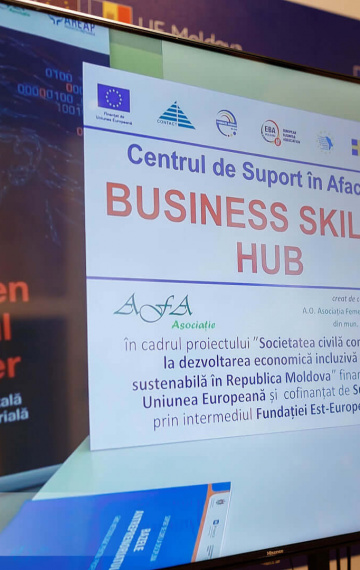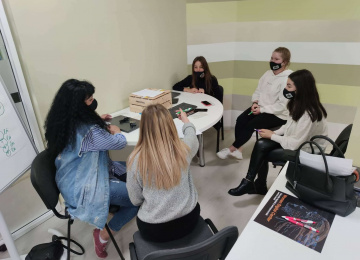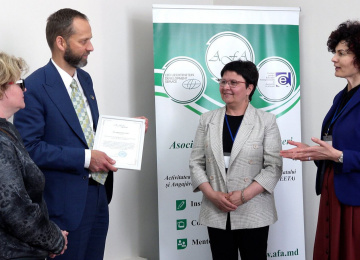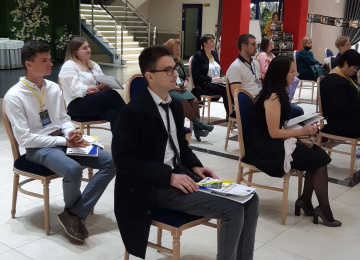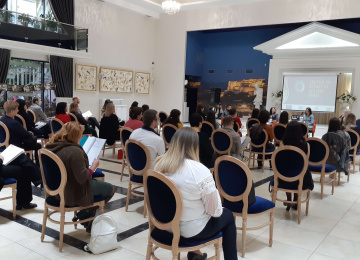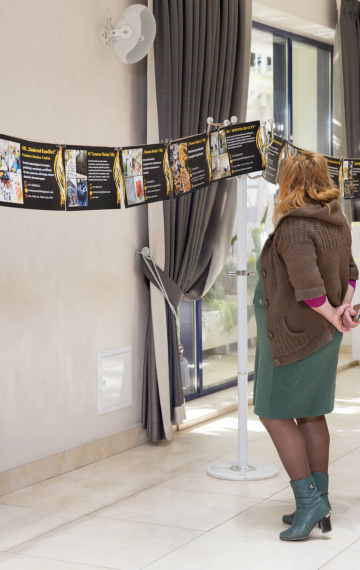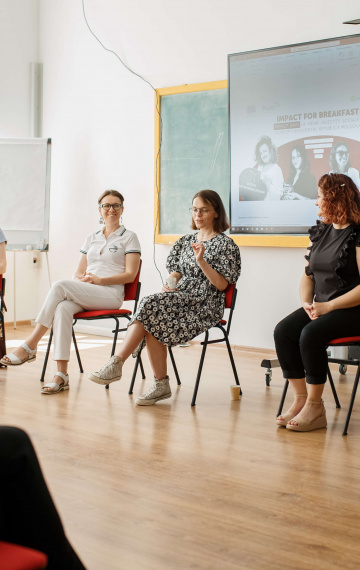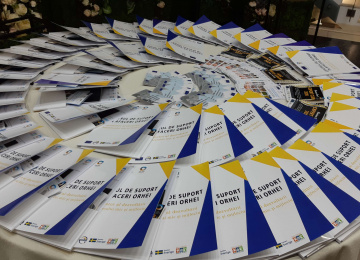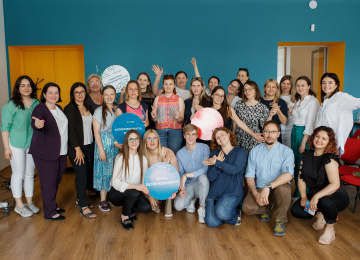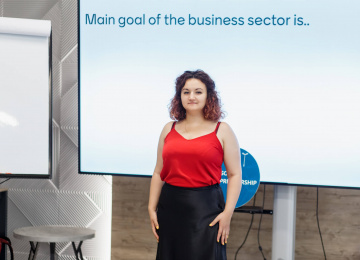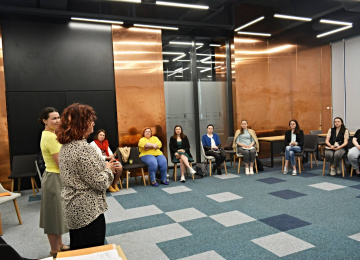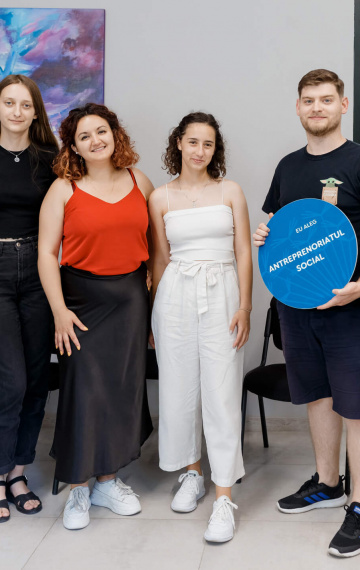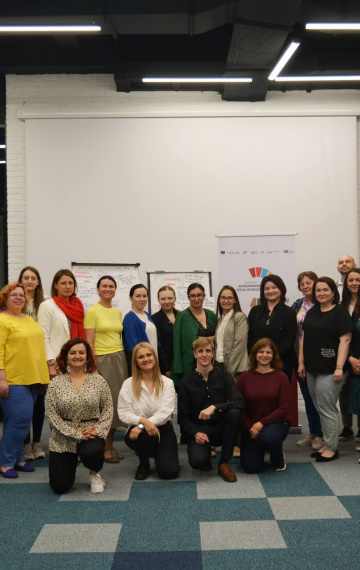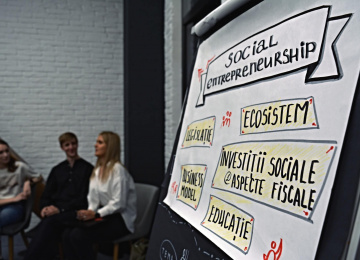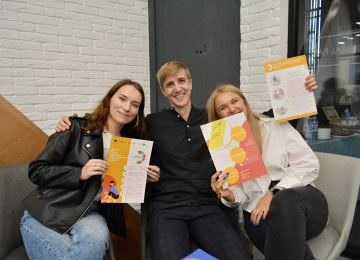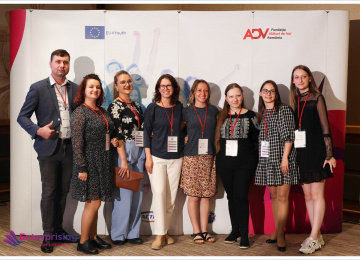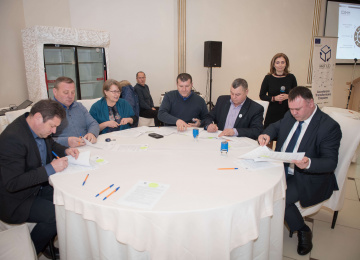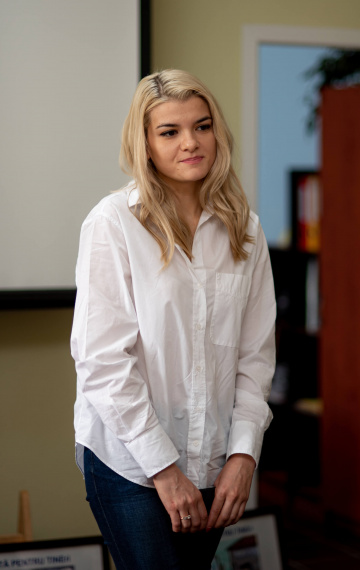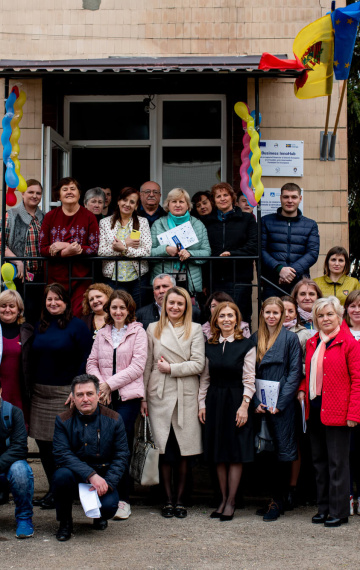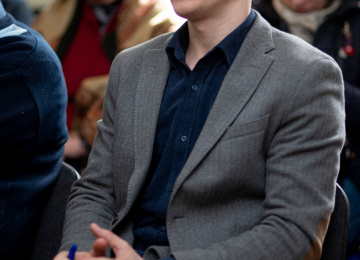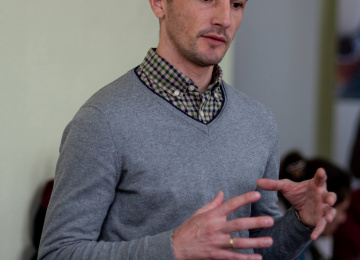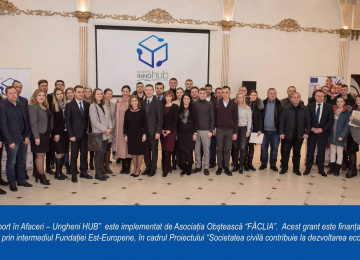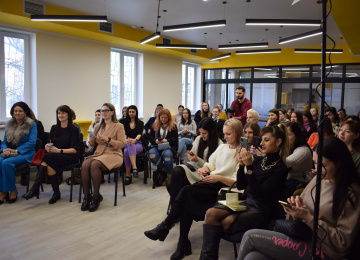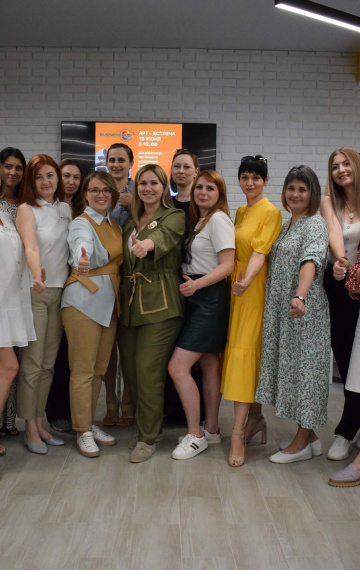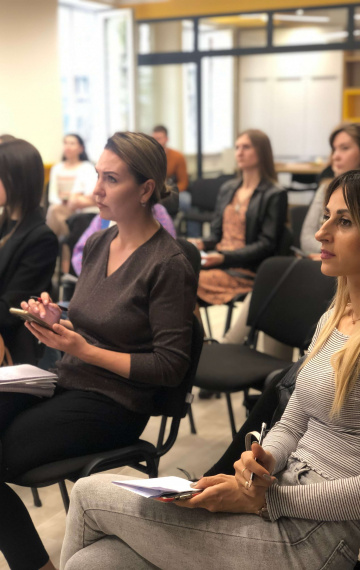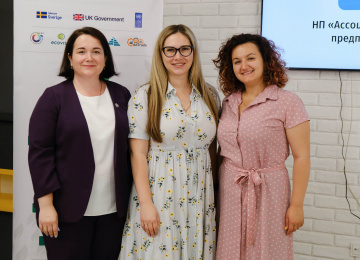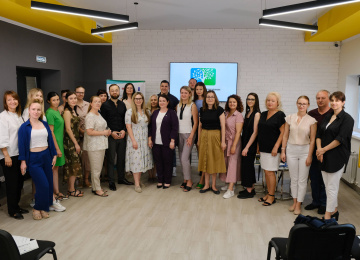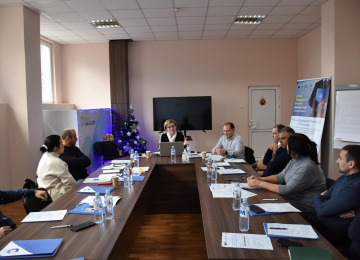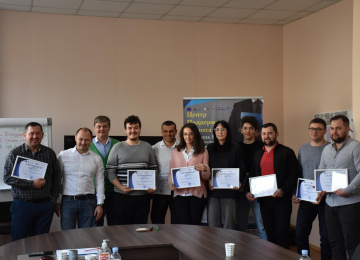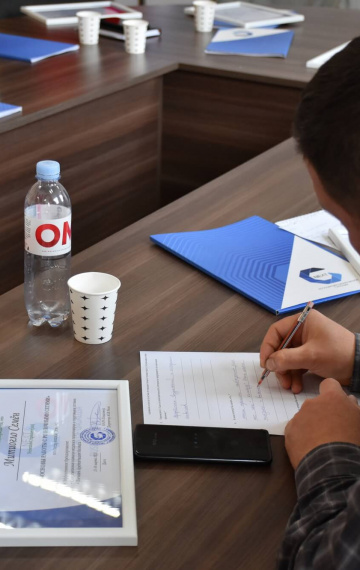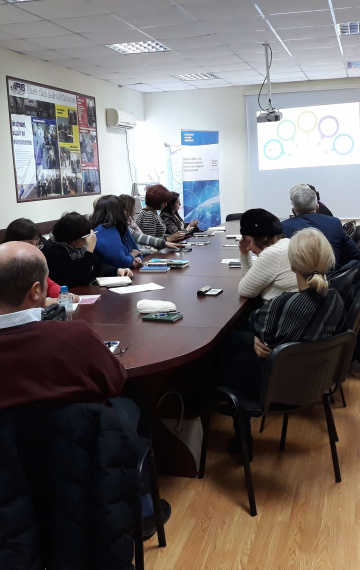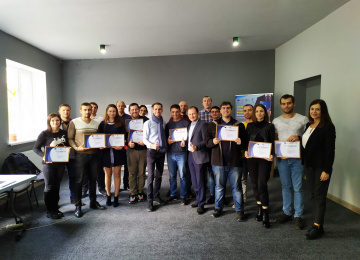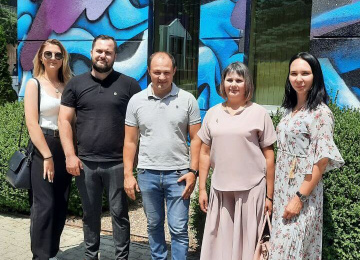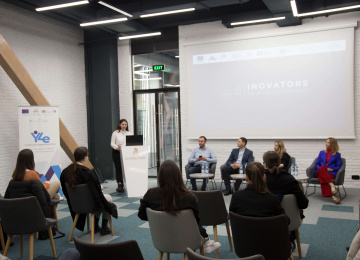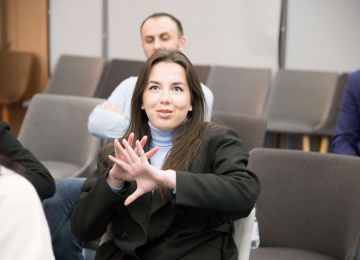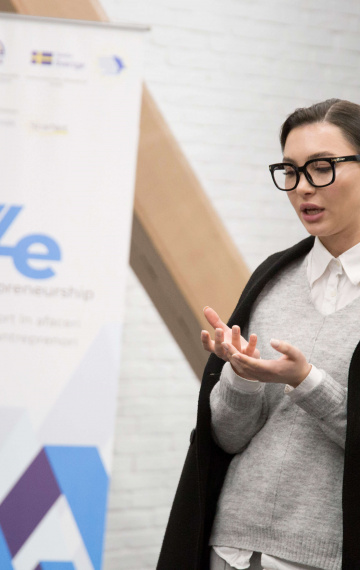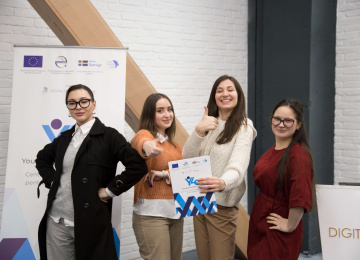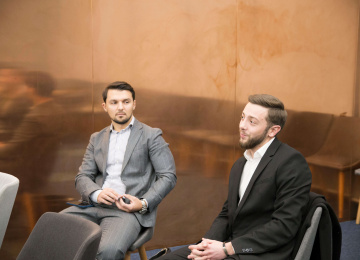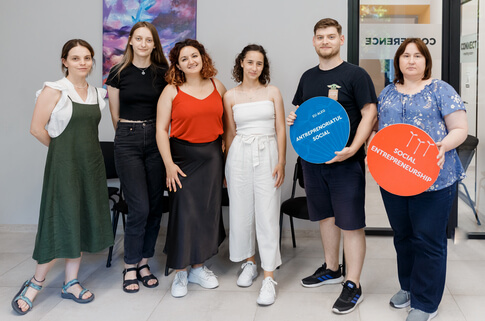
EU4Business has been assisting in the creation of Business Hubs, or business support centres, to boost Moldova’s economy since 2018. The purpose of these centres is to support small- and medium-sized enterprises (SMEs) in the region by providing various training and mentoring sessions, along with guidance and consulting. The hubs continuously assess the needs of SMEs and perform lobbying and advocacy activities to address legislative shortcomings.
In the period from 2018 to 2020, with the assistance of the European Union, as part of its EU4Business Initiative, and Sweden, the East-Europe Foundation – in partnership with the European Business Association and the Contact Center – implemented the “Civil society contributes to economic and social development in the Republic of Moldova” project. As part of this project, six regional Business Hubs were created, with the aim of accelerating the business and social environment in six regions of Moldova.
The six hubs:
The “Next” Business Hub is making a real contribution to creating a sustainable economy in the Gagauzia region, an autonomous territorial unit of Moldova. “The purpose of the association is to promote cooperation and dialogue between the association and local, regional and central authorities responsible for the socio-economic development of the region,” says Vladimir Kara, the hub’s director. With aid from the EU4Business, the hub has mentored about 30 entrepreneurs from the Gagauzia region. The association has also created links with three companies from the Moldovan capital Chisinau and two from the neighbouring district of Taraclia, all of which are interested in creating business relations with entrepreneurs in Gagauzia.
The Innovation Development Agency (IDEA) is another non-profit organization that aims to promote innovative regional programmes in the social and economic spheres and to develop international cooperation. According to its director, Zinaida Emilianov, “The hub's target audience is young people, children, women, NGOs, universities and local authorities.” The hub provides assistance in the following areas of activity: legal, economic, and socially oriented projects. It has conducted over 20 seminars and training sessions on business development for entrepreneurs and start-ups with experts from Moldova and the Transnistrian Region.
The Orhei Business Support Centre is the first business hub in Orhei region dedicated to contributing to the establishment and development of future entrepreneurship through innovation. “CSA Orhei provides information, training, mentoring, coaching, counselling and individual consultancy services for business development,” says Lupan Elena, the centre’s coordinator. Thanks to funding from the EU and Sweden, the “Orhei Business Support Centre” has been able to offer mentoring programmes for 12 entrepreneurs, consulting in accelerating business for 175 beneficiaries, training for 24 novice entrepreneurs, and start-up training for 248 people.
Faclia is a non-profit organization in Moldova’s Ungheni municipality which created the “Business InnoHub”. The aim of the association is to assist young people in developing their skills, abilities and aptitudes to become responsible adults. The association does this by providing safe spaces for communication and learning, and providing a variety of development opportunities. The centre offers young people the chance to generate their own business ideas or work on their personal growth. “We have a past, we have a present, we also have a future!” says Angela Ciocirlan, the president and founder of the centre. “Young people in our country have potential, and bring added value to the society we live in. My dear young people – dare to live your dreams!” The project has provided 80 young people with mentoring activities to develop their business management skills. Added to that, Faclia has helped around 400 SMEs in the districts of Ungheni, Calarasi and Nisporeni in Moldova become more competitive and able to access new markets.
ProEntranse is a non-governmental, non-profit organization located in Soroca District in the north of Moldova, which established the “Techno Textile HUB Soroca” and provides assistance to entrepreneurs in developing successful businesses by offering consulting, advice and training. “ProEntranse is an assistance and training unit that offers analysis, expertise and guidance services for both agricultural and industrial businesses,” says its director, Lucia Usurelu. “A special area of activity of ProEntranse is giving assistance in the development of rural areas, with the involvement of the local public authorities.” Since the organization was formed, ProEntranse specialists have helped over 250 entrepreneurs and 50 future entrepreneurs. And as a result of the financial assistance offered by EU and Sweden through ProEntranse, the organization’s beneficiary companies have managed to attract financing amounting to over MDL 2.6 million (EUR 134,560).
The “Pro Cooperare Regionala” Public Association (ProCoRe) started as a social institution designed to help boost regional development and cooperation in Moldova’s civil society. ProCoRe’s mission is to promote and support civil society initiatives through socio-economic activities, and to encourage regional cooperation across Moldova, mainly in the Briceni, Ocnita, Donduseni, Edinet, Soroca, Drochia, Riscani, Glodeni, Falesti, Floresti, and Singerei districts. Through the “Civil society contributes to economic and social development in the Republic of Moldova” project, the association established the “SMART HUB” and has managed to implement 10 social projects, which have helped improve the region’s social life.
Project results
Since the support centres were set up, 81 new jobs have been created, and 10 entrepreneurship funds have been implemented, involving 193 young people from 12 localities, including the Transnistrian region and the Gagauzia autonomous territory of Moldova. The project also offered mini-grants for 66 business ideas worth EUR 500-3,500.
During project implementation, the Business Hubs trained 1,055 people, while 1,853 economic agents consulted the experts of the hubs and 141 regional companies benefited from individual support, with the focus being on exports. In addition, during the project 40 legislative initiatives were promoted and approved.
More details about the activity of the business hubs can be found on the pages of the implementing organizations.

